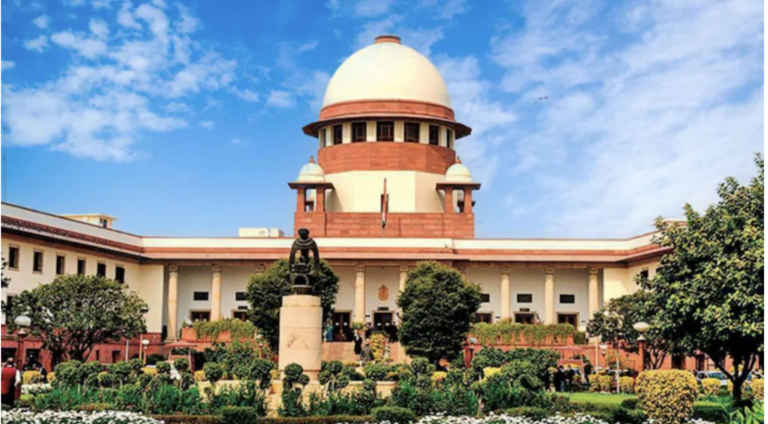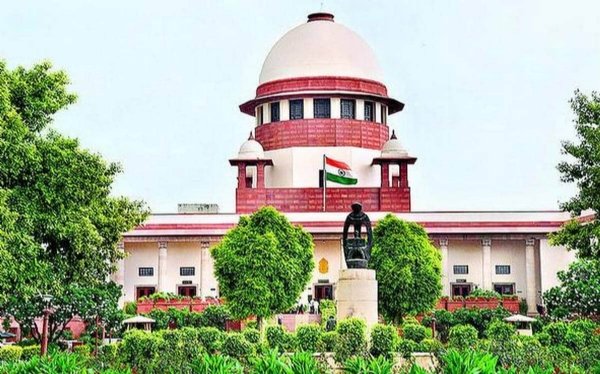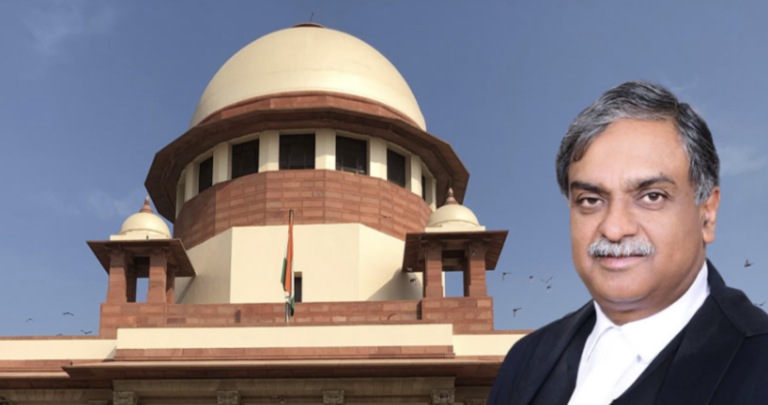Repeated Misuse of Bar Platform Exposed: Chief Justice of India once again Rejects Bombay Bar Association’s frivolous Complaint Against Advocate Vijay Kurle

As per recent information regarding the the office of CJI it is clear that, the Chief Justice of India has once again rejected the representation filed by the Bombay Bar Association (BBA) against Advocate Vijay Kurle, thereby reaffirming that frivolous and vindictive actions against advocates will not be entertained at the highest judicial level.
This rejection has exposed the sycophancy, intellectual dishonesty, and servile conduct of certain influential members of the Bombay Bar Association, including Adv. Milind Sathe, Adv. Nitin Thakare, and others, who are now facing increasing criticism from the wider legal community. A demand has also been raised for their criminal prosecution for acting against the interests of the Bar and undermining the rights of advocates.
Shockingly, the BBA had earlier passed a resolution welcoming a judgment delivered by former Justice Rohinton Nariman, which outrageously held that advocates have no enforceable rights and may be directly convicted and sentenced to imprisonment—without notice, without a hearing, and without a trial—if a judge merely believes their arguments were inappropriate.
This judgment stood in clear violation of binding precedents laid down by larger Constitution Benches of the Hon’ble Supreme Court, and has since been overruled. Yet, the Bombay Bar Association continues to endorse and defend this overruled and constitutionally untenable view—raising grave concerns among conscientious and independent members of the legal profession.
Furthermore, the Bombay Bar Association’s second and equally alarming proposition asserts that judges should enjoy absolute immunity from prosecution—even in instances where they commit grave criminal offences, indulge in corruption, display arrogance, willfully defy binding precedents, pass arbitrary or vindictive orders against victims and advocates, or unlawfully detain members of the Bar without due process.
Such a stance is not only legally untenable and constitutionally repugnant, but it also embodies a dangerous culture of judicial sycophancy, which undermines the independence, dignity, and personal safety of advocates, and poses a direct threat to the integrity of the legal system.
In light of these deeply troubling positions, it comes as no surprise that senior, principled, and constitutionally conscious members of the Bar are now openly condemning the BBA and its leadership. There is a growing and urgent demand for the restoration of constitutional accountability, judicial transparency, and professional ethics within Bar institutions—before public faith in the justice delivery system is further eroded.
That Indian bar Association raised their voice against such illegality and injustice. Therefore the Bombay Bar Association (BBA) sent a letter dated 23.03.2019, to to the Hon’ble Chief Justice of India, seeking punitive action against the Advocates Sh Nilesh Ojha, Sh. Vijay Kurle, and activist Sh. Rashid Khan Pathan. Said complaint was categorically rejected by the Hon’ble Chief Justice of India on 25.03.2019.
This complaint was, clearly motivated by malice, was a deliberate attempt to intimidate and silence an advocate who was fearlessly and lawfully discharging his constitutional responsibilities under Article 51A of the Constitution and in compliance with the Bar Council of India Rules.
Subsequently, in the year 2023, Advocate Vijay Kurle filed a petition on behalf of his client seeking the criminal prosecution of Justice Revati Mohite-Dere, alleging that she had forged court records to unlawfully facilitate the grant of bail to Smt. Chanda Kochhar and a sitting Member of the Legislative Assembly (MLA). This serious charge of judicial misconduct was brought forward in the exercise of constitutional rights and in pursuit of judicial accountability.
In retaliation, the same sycophantic group of senior Bar members—namely Advocates Milind Sathe, Nitin Thakare, and Vishal Kanade—submitted yet another complaint to the Hon’ble Chief Justice of India on 18th April 2023, seeking punitive action against Advocate Kurle. Their repeated pattern of attempting to shield members of the judiciary from accountability, while targeting those who expose judicial impropriety, reflects a clear abuse of institutional platforms.
However, this second complaint was also summarily rejected by the Hon’ble Chief Justice of India, signifying a consistent and principled refusal to endorse such vindictive actions. The rejection serves as a second judicial rebuke to this group, affirming that the constitutional right to raise grievances against judicial corruption cannot be silenced by orchestrated attacks from Bar elites. This episode further highlights the urgent need to confront internal sycophancy and restore the Bar’s commitment to constitutional values, ethical independence, and fearless advocacy.
This entire episode has unequivocally exposed the true character and motivations of the individuals behind these repeated and baseless complaints. It is now evident that they are shamelessly and openly functioning as defenders of certain judges against whom serious allegations of corruption, judicial misconduct, and abuse of power have been raised. Rather than upholding the constitutional duty of advocating for transparency, judicial accountability, and the protection of advocates’ rights, these members of the Bombay Bar Association have chosen to align themselves with powerful judicial figures, thereby compromising the independence of the Bar.
What is even more telling is that the Hon’ble Chief Justice of India has consistently refused to act upon or even acknowledge their representations, having likely discerned the ulterior motives, dishonesty, and mala fide intent driving their repeated attempts to discredit advocates like Vijay Kurle, who are actively engaged in exposing judicial corruption through lawful means. The continued rejection of their complaints by the highest judicial authority in the country serves as a resounding repudiation of their credibility and integrity, and further strengthens the position that such sycophantic and self-serving elements within the Bar are not acting in the interest of justice or the legal profession—but in protection of vested interests and institutional rot.
Such conduct not only brings disrepute to the Bar as an institution, but also undermines public faith in the system of checks and balances that is fundamental to our constitutional democracy.



